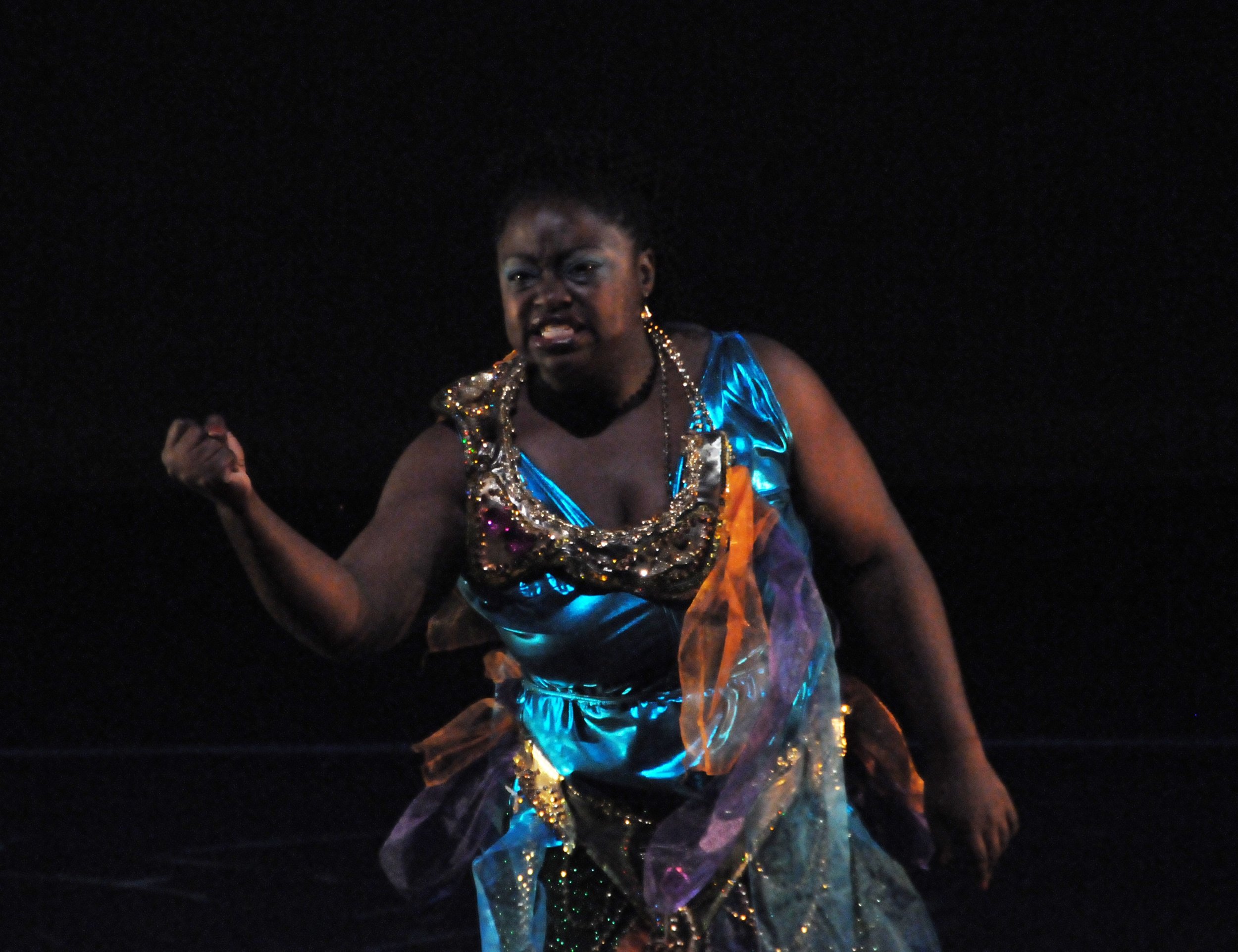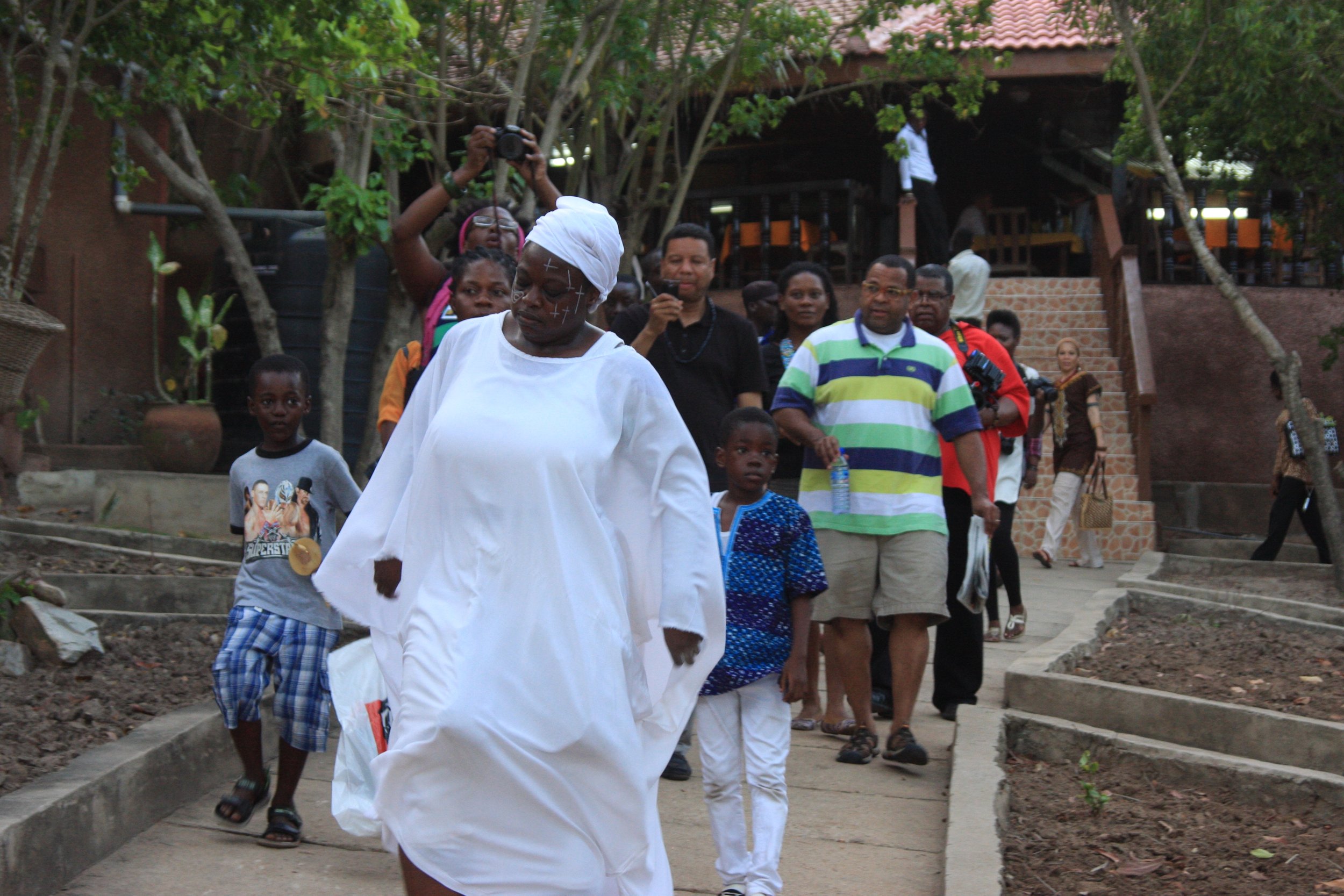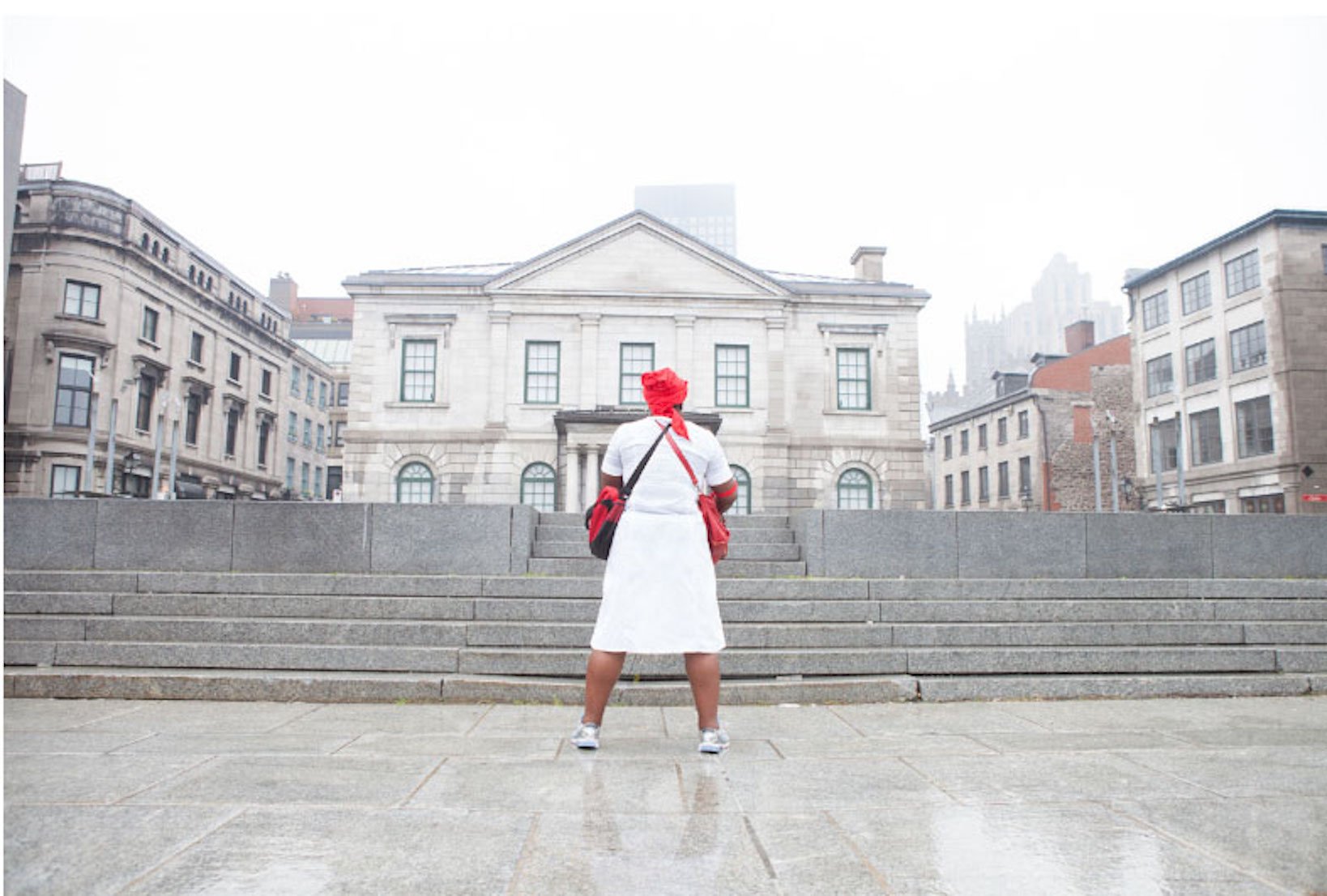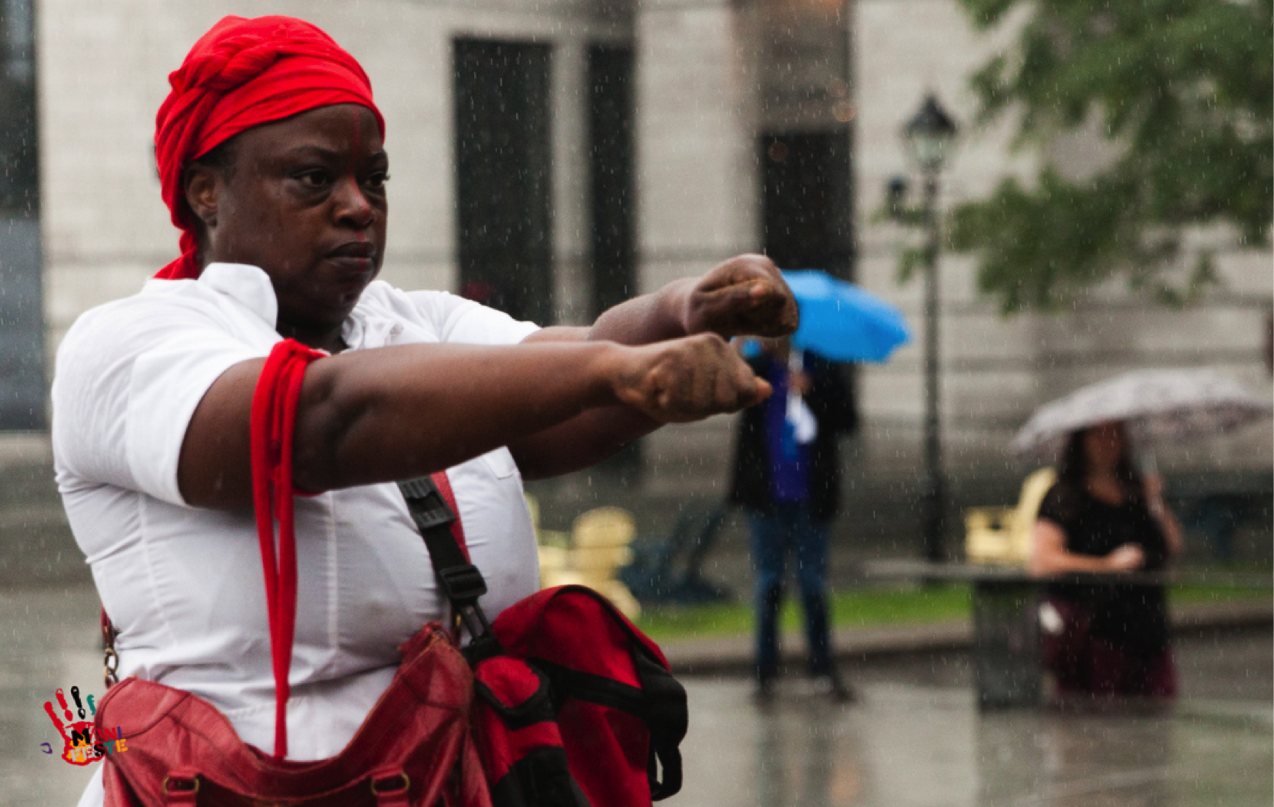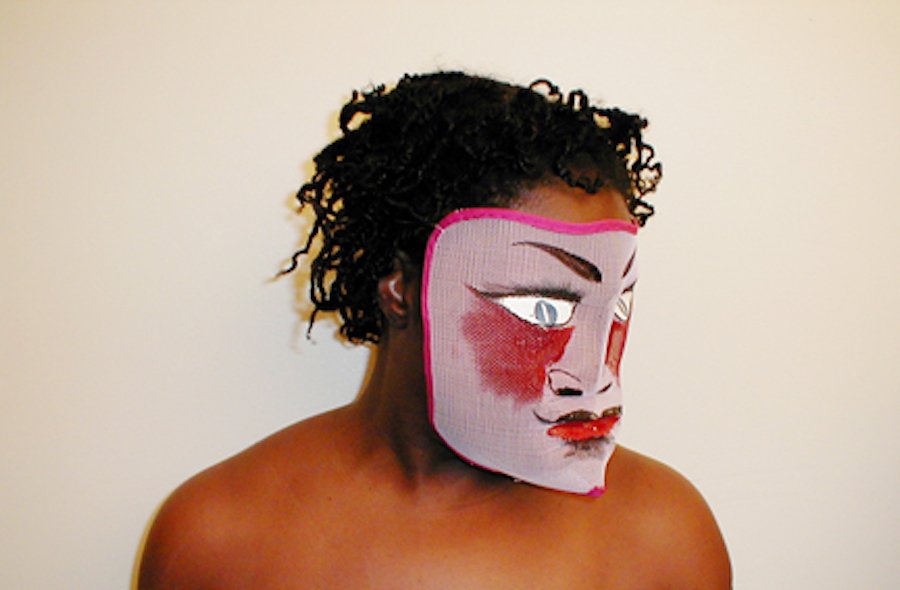Rosamond S King
Nicolás Dumit Estévez Raful Espejo: Rosamond, we met at City and Country school in the mid ’90s. What a splendid place to coincide in New York City. At the time I was training as a ceramicist and, I recollect that you were immerse in poetry. Would you like to add anything to this?
Rosamond S King: I was immersed in poetry and criticism—I was a full-time graduate student at NYU, holding multiple jobs to pay the rent. I remember that neither of our jobs related to our art, but there were many kind and fun people working at City and Country School then. I still treasure the sculpture I bought at your first show—brown leaves growing out of human-made stone.
NDERE: Can we start by talking Caribbean? I know you were born in Trinidad. I was born in the Dominican Republic. People think of New York City as a confluence of cultures, spiritualities and ancestries, but the Caribbean, and in specific, places like where we hail from, is really a cauldron where elements of all kinds have been boiling at the highest temperature. If you could locate the Caribbean in one part of your body, where would this be and why?
RSK: Actually, I wasn’t born in T&T, although many people think I was. I am happy and proud to claim Trinidad and Tobago and The Gambia as sites of origin, familiarity, and affinity. Although I was born and raised in the physical USA, the overwhelming majority of my parents’ friends—and of course, our families—were immigrants from Africa and the Caribbean, and that conflation continues to deeply shape me. (Actually, I’m struck by seeing your initials in this document; Ndere is a very African name…)
To answer your question, I would locate the Caribbean in/on the very top of my head for two reasons. Being immersed in anything Caribbean often metaphorically blows the top of my head off due to sheer brilliance or bacchanal. In addition, since most of the Caribbean islands are the tops of volcanoes, I think about the top of my head as a place that some people think only holds hair, but that in fact is the highest point of a complex system—not just for me, but for all of us.
NDERE: Your response has shaken my ground for many reasons. My thinking of the Caribbean as your birthplace, and the journey that you describe here; one that loops the African diaspora across the globe, pulsating with life and not bounded by borders. Wowed about the new meaning of the initials in my name. I embrace this, so Ndere will certainly be the subject of some of my investigations around how names, my name(s) in particular, do not remain fixed and can continue to acquire new meanings and to evolve. The art market-world (what I call now the art industry) would see settling for one name without changing it, as branding. I refuse to become a product.
I am teaching a class for emergeNYC dealing with the legacies of people like Lolita Lebrón, Papá Liborio, Fefita la Grande, Cambumbo, Walter Mercado, and Mamá Tingó. These are really visionary characters from the Dominican Republic and Puerto Rico who, with their ways of being and responding to societies, shook them to the very foundations. What I am trying to get at, without wanting to stereotype our cribs, is the heightened performative current that seems to animate African-Caribbean life at large. Take as an example the carnival, which I would argue is not limited to a period of the year, but permeates all of the day-to-day. What are your thoughts about this?
RSK: I don’t want to overstate the importance of carnival— something too scandalous and increasingly too expensive for many Trinidadians to participate in. If someone wants to insult your outfit, they’ll ask “What happen—yu playin a mas?” (as in masquerade) At the same time, Trinidadians in particular and Caribbean people in general do not shy away from loudness and provocation that do animate daily life: loud colors, loud talk, provocative politics, big words. We appreciate performances of all kinds, from a melodious vendor to a loquaciously seductive politician. But we don’t appreciate people who try too hard.
NDERE: If I may. I would like to return to the previous question to talk about culture. My understanding is that, at least from my Caribbean experience, culture is usually generated in the so-called margins and then coopted and monetized by the so-called center. I am pondering about this in relationship to performance art. Has any of this come up for you in your work?
RSK: Absolutely. It is often said that the only acoustic instrument invented in the 20th century is the steelband/steelpan of Trinidad and Tobago. It was made from oil drums in Laventille, an area that for more than 100 years has been a place where poor Black people live. The carnival that we know today was taken from the French aristocracy and remade by the formerly enslaved. Much of Trinidadian culture was created at the core that is forced into the margins, and if any money is made from that culture, it rarely trickles back to its source.
I’ve found something similar to be true with Black experimental poetry. Brilliant experimental writing by Black people has existed for generations, but only after Claudia Rankine’s Citizen became popular did more of the “mainstream” writing world recognize these writers and our value. Do you see any similar evolution in performance art?
NDERE: Performance has historically been defined and promoted and constructed as European and Euro-American. I acknowledge the branches that this legacy represents as well as its contributions, yet these branches grew from a trunk that goes way, way, way back to indigenous cultures and peoples around the Earth, including the Taínes, Caribs and Arawaks of the Caribbean, among many others. Performance then was channeled through rituals. It did not have to be intubated and kept alive by the museum-gallery machinery. The Breath of life is what nurtured performance and performance gave back to life wholeheartedly. I am learning from artists today who are working in this way. These visionaries are not involved in the spectacle of healing as art but in art itself as a healing gift that does not need to show off.
Healing is now the buzzword in the arts, yet many of us, including you have been working with healing self and collective for quite a while. I will let you say more about this in connection to your own ancestry and roots. I met Caludia Rankine, John and Sula, in Claremont, California, they open their home to me. I remember them with gratitude.
RSK: Yes, healing and social practice have been discovered by funding entities! I am interested in all forms of healing, from collective to medical. In my recurring performance as “The Poetry Dr.,” I have individual interactions with people and offer them healing tools that will only work if they believe in them. In Sable International I comment on the thousands of Black Caribbean women who are nurses outside of the region. Crossings and Leave It Behind also engage different traditions and notions of healing. All of these works have been presented for free, pointing to my wish that health care and art were free for all.
NDERE: How has it been for you to incarnate Africa and the Caribbean in the U.S as a black woman? As an Arab-looking mixed-race man, who is the son of a black man, it has been difficult for me to navigate the U.S. limited understanding of the Caribbean as a highly syncretic place. This is not to diminish in any way the potency of African culture in the area in favor of any problematic notions of mestizaje, mulataje and creolization.
RSK: My engagement with healing “arts” that you asked about in the last question is related to the notion of sickness and illness. I consider racism and xenophobia to be types of social illnesses that cause a great deal of suffering. Incarnating in USAmerica as myself differs to a degree depending on where I am. Harlem is the only place outside of Africa where people begin conversations with me in Wolof; in many places in the USA, other black people, strangers, acknowledge me like distant, “pumpkin vine” family, or like a neighbor. Still, in much of the USA, Africanness and Caribbeanness are not legible at all. I am often perceived as male, and everywhere in the USA – and too often in other countries—I am at best presumed incompetent, and at worst considered inhuman. Luckily my sense of self is not defined by those who despise or misjudge me.
I think of much of your work as healing, for those who view it, but especially for those who participate in it, and for you yourself. Would you agree? Is the inception of your performances in how you want to feel, or in how you want others to feel?
NDERE: I agree with you, Rosamond, and take this as a compliment. I think I got into art because my calling was in fact to serve in the healing field. For many years I evaded this and played artist. I am curious as to the integration of the two that is happening for me at the moment—they were always one, but my dualistic mind splits them apart. I refer to myself as a creative, which I see as an encompassing way to name and include all of those who are allowing Beauty and sacredness to flow without claiming it as ours. I bow to my dear mentor and teacher Linda Mary Montano for her teachings on this.
Yesterday, I had the fortune to take a meditation class with Meredith Monk at East Coast Mindfulness. She presented a song she wrote for Pema Chodron’s birthday dealing with sorrow and the pandemic. We then did some exercises. Monk, made me think about the benefits of being with sorrow at a time like this and fully learn from this teacher. How has your experience been this with Covid?
RSK: death and fear and despair and rage and anxiety and hope and depth and newness and family.
NDERE: Monk also spoke about not giving up. Can we end with a poem that may point me/us in that direction: being with sorrow, yet not giving up? Thank you so much!
RSK:
Beautiful Things
I Saw Yesterday
:A Man Playing
Pattycake With
His Daughter. At
The Bus Stop
Mixing Live
On Turntable
Strapped to Her Chest
Bowling Ball
With Milky White
Marbling That
Someone Had
Thrown Away
The World Itself
Broken, Pieces
Missing Yet
Not Rent Open
Not Completely
Untitled poem “{Beautiful Things/I Saw Yesterday}” from All the Rage by Rosamond S. King, Nightboat Books, 2021. https://nightboat.org/bio/rosamond-s-king-2/
Rosamond S King’s related links: webiste / Instagram / Vimeo
All images above courtesy of Rosamond S King
Writer, performer, and artist Rosamond S. King is the author of poetry collections All the Rage and the Lambda Award-winning Rock | Salt | Stone. Her writing has also been published in more than three dozen journals, blogs, and anthologies, including The Feminist Wire, Hyperallergic, The Caribbean Writer, and The New Daughters of Africa.
She draws on reality to create non-literal, culturally and politically engaged interpretations of African diaspora experiences. King’s performances have been curated into venues around the world, including the New York Metropolitan Museum, the VIVA! and Encuentro Festivals, Gibney, Dixon Place, Bocas LitFest, and the African Performance Art Biennial.
King makes objects she calls books, and creates the irregular mail art series “Not-a-Blog.” She is also the author of Island Bodies: Transgressive Sexualities in the Caribbean Imagination, winner of the Caribbean Studies Association best book award. The goal of all of her work is to make people feel, wonder, and think, not necessarily in that order. A professor at Brooklyn College (CUNY), King is also creative editor of sx salon.
